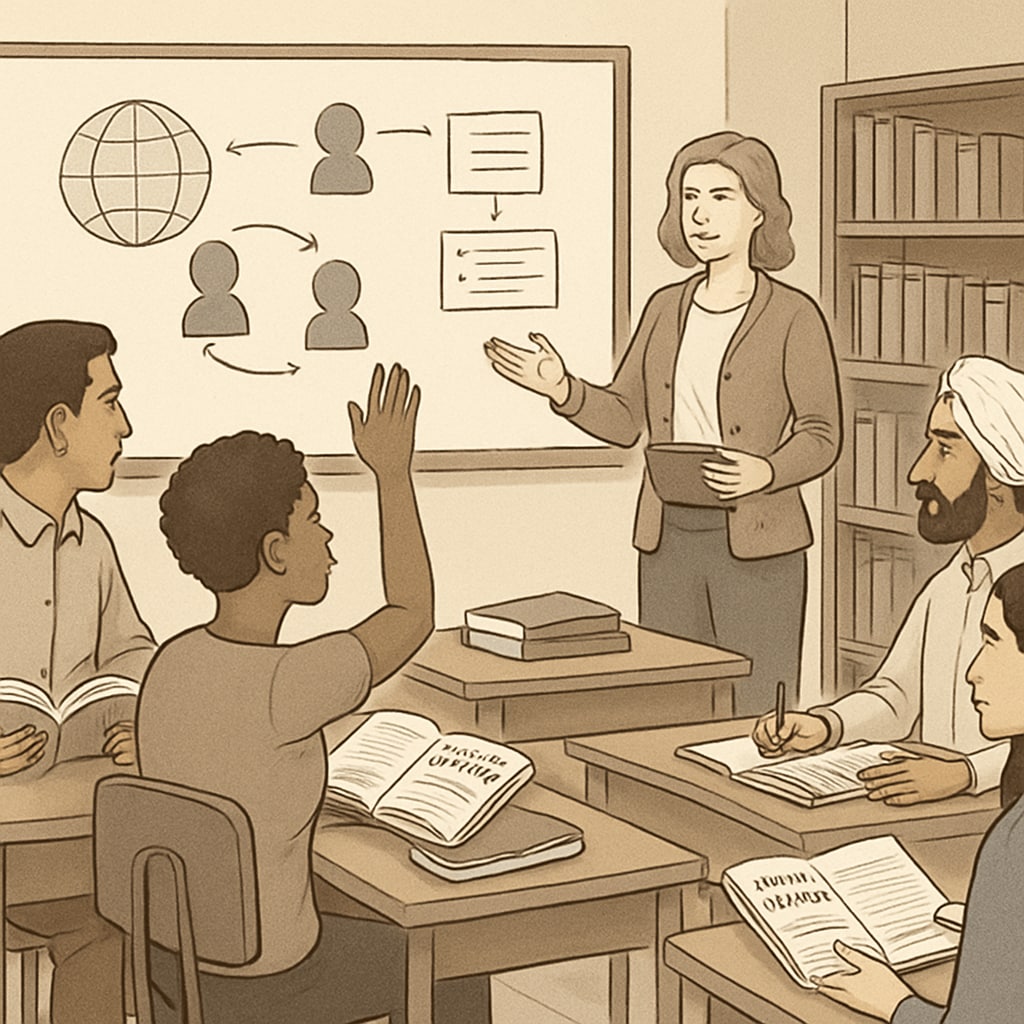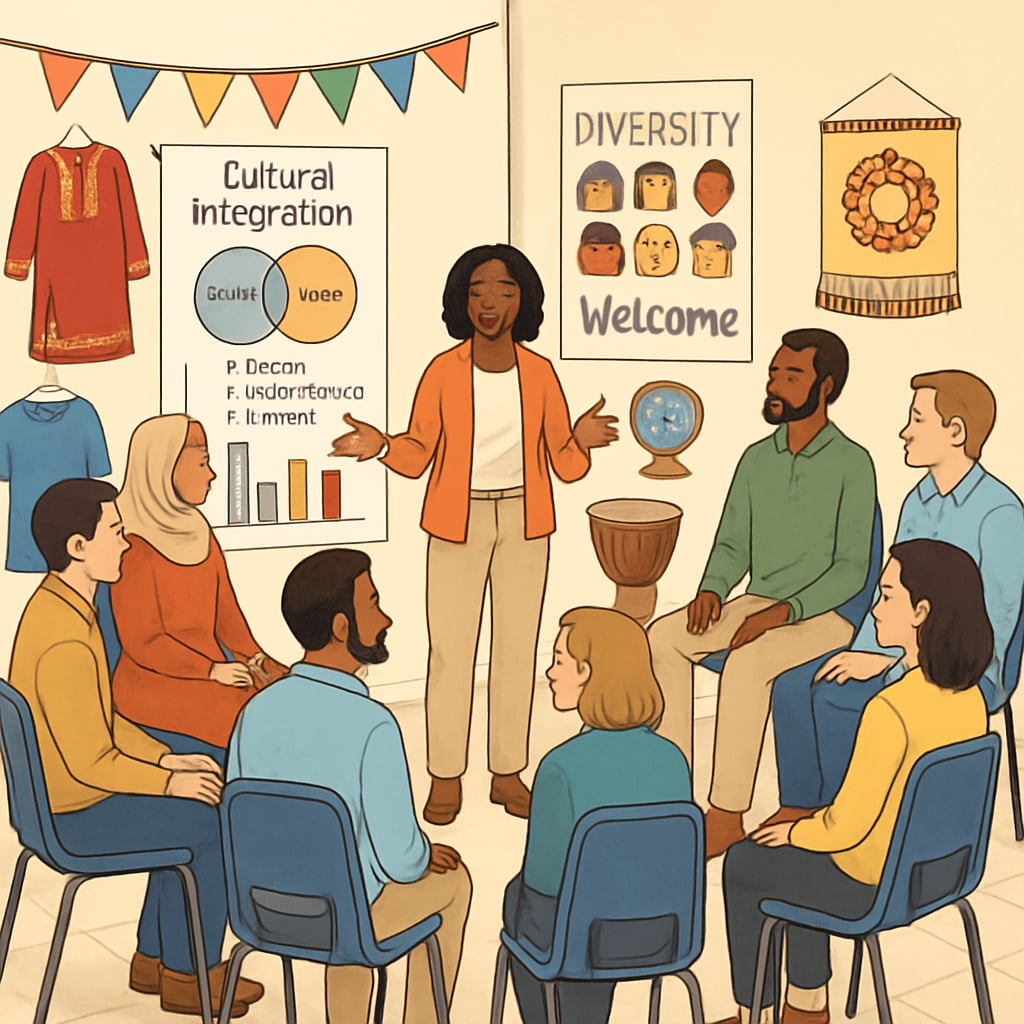Adult education, cultural adaptation, and foundational knowledge are critical areas for international students striving to succeed in Western academic environments. For many adult learners, transitioning into a new educational system comes with unique challenges, particularly in subjects like humanities, history, and philosophy, which often require cultural and contextual understanding. This article examines these challenges and provides actionable resources and strategies to help both educators and students bridge the learning gaps effectively.
Understanding the Challenges in Cultural Adaptation
International adult students often encounter barriers in understanding the cultural context of foundational humanistic subjects. For example, Western literature and philosophy may reference historical events, societal norms, or cultural values unfamiliar to non-Western learners. As a result, students may struggle to grasp deeper meanings and connections in coursework.
To address these challenges, educational institutions and educators can incorporate cultural orientation programs and supplementary classes. These initiatives help students familiarize themselves with critical Western concepts while also encouraging cross-cultural dialogue.

Key Strategies for Building Foundational Knowledge
For adult international learners, acquiring foundational knowledge in humanities can be overwhelming without access to targeted resources. Below are several strategies to help students build confidence and competence:
- Interactive Learning Platforms: Websites like Khan Academy and Coursera offer free or affordable courses in history, literature, and philosophy, often tailored for beginners.
- Customized Reading Lists: Educators can curate reading lists featuring accessible texts that provide cultural context while introducing key concepts.
- Community Support Groups: Peer-led study groups and mentorship programs can foster collaborative learning and cultural exchange.
These resources not only enhance academic skills but also promote cultural integration, making the educational journey smoother for international students.
Adult Education Resources for Cultural Integration
In addition to foundational knowledge, adult learners benefit from resources designed to facilitate cultural integration. For example, language proficiency tools such as Duolingo help students improve their communication skills, while cultural workshops provide hands-on learning experiences.
Universities and community centers can play a pivotal role by offering tailored programs that combine academic learning with cultural orientation. These initiatives empower students to adapt more confidently and engage meaningfully with their peers and instructors.

As a result, international adult students not only develop the foundational knowledge needed for academic success but also gain valuable insights into the social and cultural fabric of their new educational environment.
Conclusion: Bridging the Gap for International Students
Adult education, cultural adaptation, and foundational knowledge are essential components of international students’ academic and social success. By utilizing interactive platforms, curated reading lists, and community-based resources, educators and learners can work together to overcome barriers and achieve meaningful cultural and academic integration.
Ultimately, addressing the unique challenges faced by adult international learners requires a collaborative approach. With the right tools and strategies, bridging the knowledge gap becomes not just possible but profoundly rewarding for all involved.
Readability guidance: This article uses concise paragraphs, lists, and transitions to ensure clarity. Strategies are outlined in bullet points to improve readability, while overuse of passive voice and complex sentence structures is avoided.


